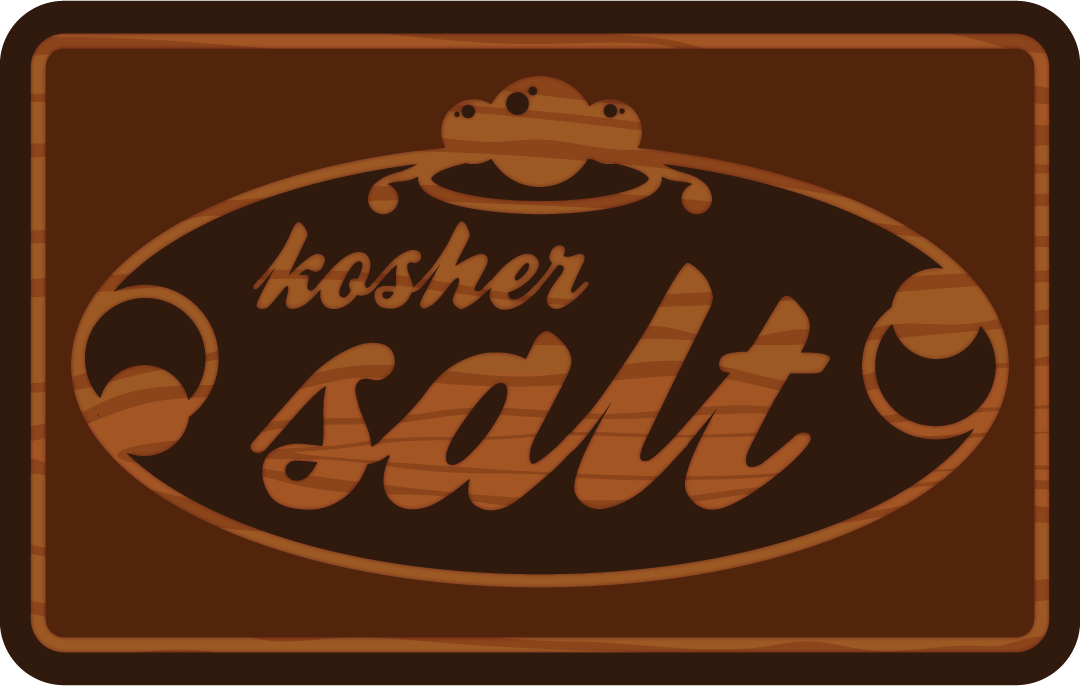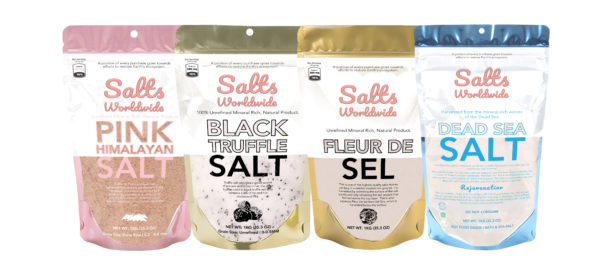
Kosher Salt: What Makes it kosher?
kosher salt is a must have kitchen essential. It’s hard enough to season foods in the oven, so it’s even more difficult to over-season food with normal table salt, and we end up lessening our taste buds’ enjoyment of whatever it is we’re trying to cook by using regular table salt instead. kosher salt benefits are as varied as the varieties of kosher salt. I’ll explore a few in this article.
First of all, let’s look at what kosher salt can do for you outside of cooking. For one thing, it’s great for seasoning your pasta water. There are a number of different kosher salt brands that use different blends of mixtures. Most of them come out nice, but I’ve used some that have a little too much salt and aren’t too fond of the way they taste in your mouth (too salty).
Another benefit of kosher salt is that sea salt and table salt have very little trace minerals in them. It’s not that sea salts and table salts have no minerals in them. It’s just that they were processed with all of their trace minerals removed. Salt is a natural mineral that our bodies need. If you eat too much sea salt or ingest too much table salt, it can be unhealthy for you.
One more benefit of kosher salt is that it has a higher concentration of trace minerals than refined salt. The concentration is so high that it’s basically a better alternative than sea salt. Evaporating seawater has very few minerals in it. Sea salt is much healthier for you, because the body is constantly being replenished with the minerals that evaporated with the seawater.
Evaporating seawater can also be harmful to your health. When you take it out of its sea salt container, it’s going to quickly lose its minerals. Sea salt is much healthier for you because it contains trace amounts of these trace minerals. On the other hand, regular salt won’t have as many minerals.
Relying on sea salt is not a good idea when you’re counting on its mineral content. Regular table salt is mined by using sand and water. It’s then treated with electricity and some chemicals so that it becomes salt. One of the chemicals used is mercury. It’s used to get the color that table salt has.
A lot of salt distributors don’t know what they’re doing when they process the salt. They’re not using the correct crushing machines to increase the amount of crushed salt that goes into each package. There are so many different kinds of machines out there, it can be confusing. If you want a high-quality kosher salt for home use, you want to buy kosher salt from someone that has been in the business for a long time. These are the people who know which equipment works best. They’re also familiar with the chemicals that are used, and the right way to combine the different ingredients.
You can find kosher salt at almost any grocery store or discount retailer. Home cooks should be able to easily find recipes that call for kosher salt. Just remember to purchase kosher salt that comes from sea salt, not table salt. In addition, you shouldn’t rely on one kind of kosher salt. Salt is such a versatile item that you should be able to mix and match the flavors to come up with your own favorites.
There are two primary kosher salt products, kosher salt and sea salt. These two salts come from entirely different natural sources. Sea salt is harvested from the waters surrounding the Dead Sea. kosher salt is produced in the region of Judea and Israel. There are several other minor differences, but these are the biggest differences between the two.
The main difference between kosher salt and sea salt is the brine. Brine is a salty solution that is used to help prevent the salt from cracking and sticking to food. kosher salt brines are much less salty than sea salt. However, the amount of salt used in prices is very different than what is used in table salt. For example, kosher salt brines will generally have about three times as much sodium as table salt.
Kosher salt has a wide variety of uses. Its use depends mainly on where it was prepared. Sea salt is used for cooking and baking and kosher salt is best for regular table salt. In addition to these two common uses kosher salt comes in various forms including crystal salt, kosher salt flakes, sea salt and rock salt. No matter which form of kosher salt you purchase make sure that it is indeed kosher.


